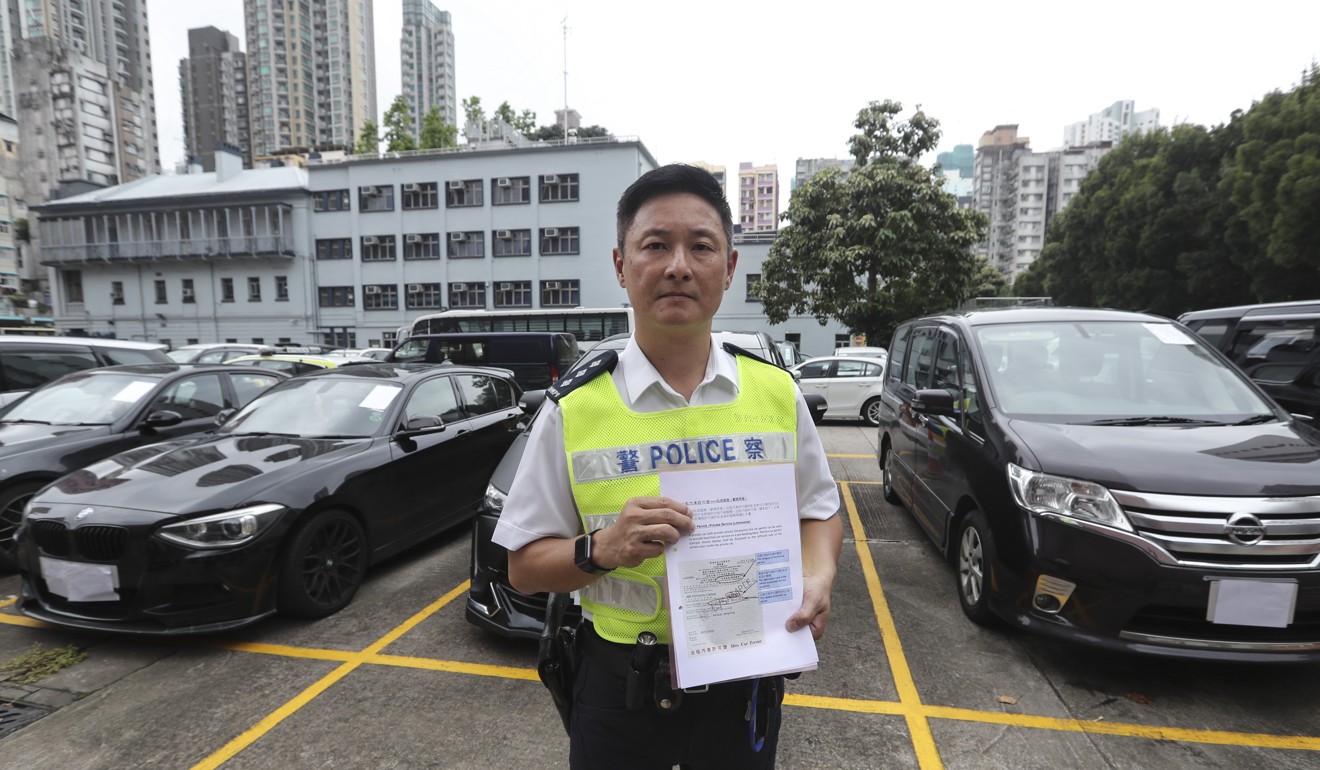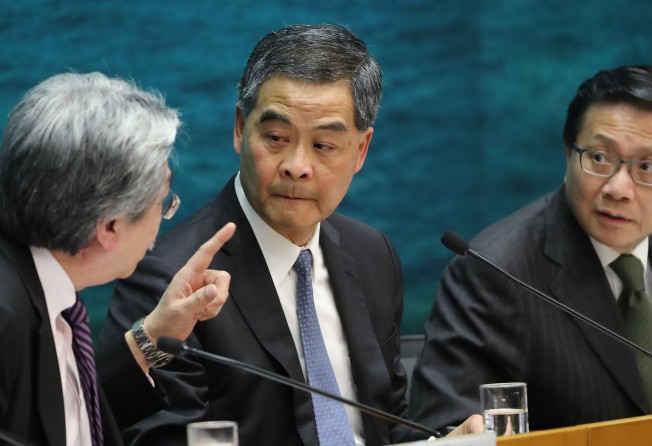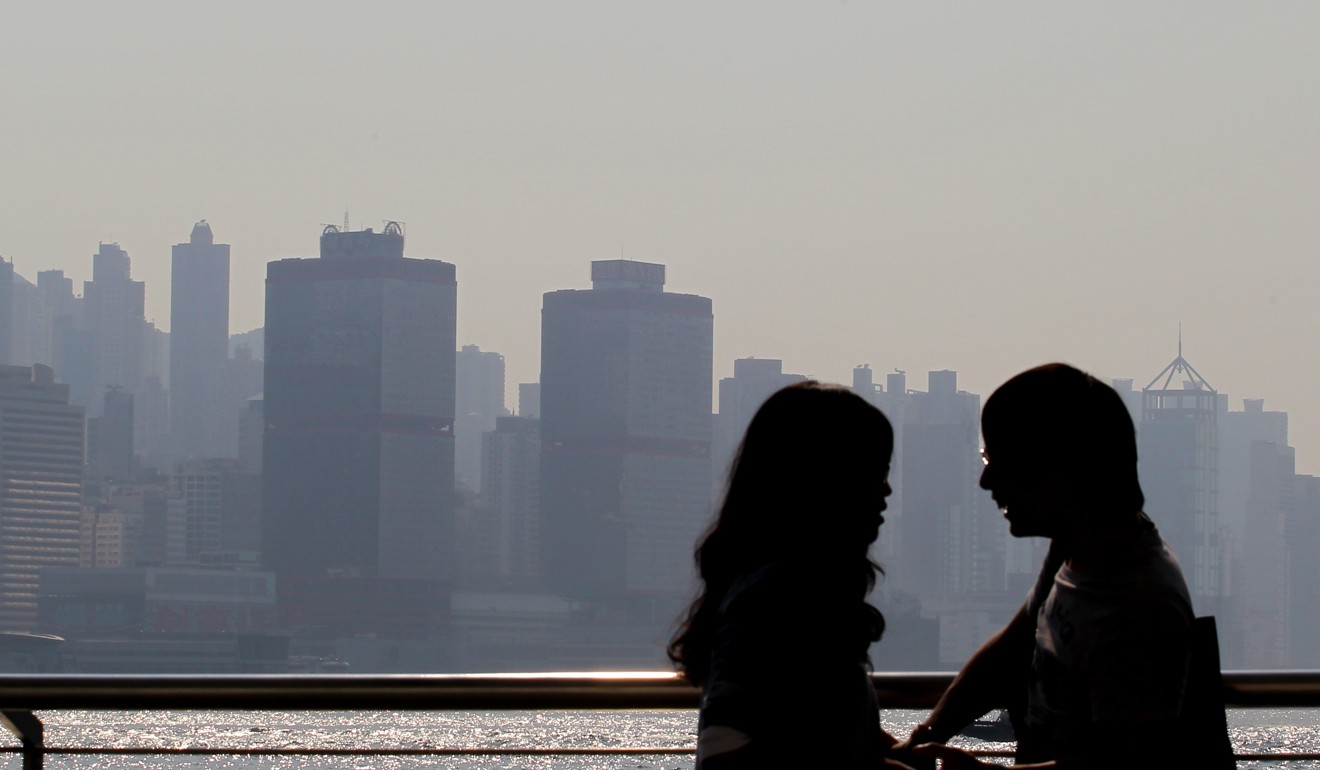
How transport minister Anthony Cheung has taken Hong Kong in the wrong direction
Mike Rowse says the scrapping of the e-vehicle first tax waiver, a fanatical opposition to ride-hailing services like Uber, and a misguided premium taxi plan are the legacy of Anthony Cheung. Hopefully, better sense will prevail with his successor

One of the happiest people in Hong Kong on July 1 will almost certainly be the Transport and Housing chief, Anthony Cheung Bing-leung, who will be stepping down after a tough five years.
Cheung was essentially appointed for his housing expertise. Housing has been a problem area throughout his tenure for reasons largely beyond government control. The transport side of his portfolio, meanwhile, has seen one crisis after another.
Every extension of the mass transit rail network was many months behind schedule. The high-speed rail link to Guangzhou was not only years late, but also vastly over budget. Moreover, the proposed co-location arrangements for mainland and local customs and immigration at the West Kowloon terminus, though entirely logical, have proved controversial.
Much of this was entirely beyond Cheung’s direct control, but of course, under the system of ministerial accountability, he has to carry the political can.
But before we let him off the hook completely, we should examine a package of three interrelated decisions, two of them taken by Cheung himself and the third supported by him on transport grounds.

The Transport Bureau’s opposition to Uber-type operations is fanatical to the point of Taliban-type intensity. No rational arguments are being advanced to justify the government’s position. It is no use simply bleating about the rule of law, the need to comply with regulations, a need for proper insurance, and so on. Almost every other government in the region has found it possible to amend its regulatory regime to permit the lawful introduction of ride-hailing services.
Soon we will be the only major business centre in the region that bans such schemes. It is not true, as some government press statements seem to imply, that Uber is asking to be exempt from regulation: it is simply asking for appropriate amendments to bring our regime into the 21st century. This stonewall refusal to do so risks making us a laughing stock.
Next comes the question of electric versus petrol or diesel-powered vehicles. The facts are: roadside air pollution here is very high and poses a serious public health risk; the major source of the pollution is vehicle emissions; electric vehicles have zero emissions from their exhaust pipes, whereas emissions from those powered by hydrocarbons are killing us. Until this year’s budget, Hong Kong had exempted e-vehicles from first registration tax. This led to a boom in the number of Teslas and similar cars on our roads.

There are basically two ways to restrict the number of vehicles on our roads: fiscal penalties, or a voucher scheme – such as the one introduced by Singapore.
For decades, we have gone down the first route, but in a wealthy community, the effectiveness is bound to be limited. If we are serious about containing or even reducing the number of private vehicles, then it is time to consider the alternative. Within that cap, we should be giving preference to electric cars.
Finally, there is the proposed premium taxi scheme. On its own, this idea has some merit. But the structure – three operators, each acquiring 200 new vehicles – effectively limits the scheme to major players who can afford the considerable upfront costs.
Here is an alternative package for consideration by the next transport minister: grasp the nettle and cap the total number of private cars; within that number, encourage e-vehicles; amend licensing arrangements so that car-hailing apps like Uber can operate legally; consider whether or not a separate premium taxi scheme is still necessary, and if it is, break it down into smaller fleet sizes. Meanwhile, let us all wish Anthony a happy retirement.
Mike Rowse is the CEO of Treloar Enterprises. [email protected]